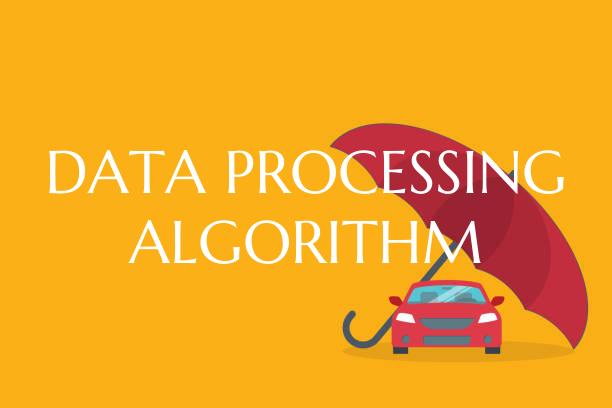DATA PROCESSING ALGORITHM
Introduction: Data processing algorithms play a crucial role in modern-day technological advancements. These algorithms are designed to efficiently manipulate and analyze large volumes of data to extract meaningful insights. In this article, we will delve into the significance of data processing algorithms and explore how they are used across various industries.
1. What are Data Processing Algorithms? Data processing algorithms are a set of instructions or rules that are followed to perform specific operations on data. These algorithms are designed to process data in a systematic manner, enabling computers to make informed decisions and generate valuable outcomes. By leveraging data processing algorithms, organizations can streamline their operations, discover patterns, and drive data-driven decision-making.
2. Importance of Data Processing Algorithms: a. Efficiency: Data processing algorithms enable the quick and accurate processing of vast amounts of data, saving time and resources for organizations. b. Accuracy: These algorithms help eliminate human errors and biases, ensuring data processing is carried out consistently and accurately. c. Scalability: Data processing algorithms are scalable, allowing organizations to handle increasing data volumes without compromising performance. d. Insights Generation: By applying data processing algorithms, businesses can uncover valuable insights, trends, and patterns hidden within their data, which can be used for strategic decision-making.
3. Applications of Data Processing Algorithms: a. Finance: In the finance industry, data processing algorithms are used for fraud detection, algorithmic trading, risk management, and customer segmentation. b. Healthcare: Data processing algorithms play a vital role in patient diagnosis, treatment planning, medical image analysis, and predictive analytics. c. E-commerce: In e-commerce, these algorithms are utilized for personalized product recommendations, customer behavior analysis, and inventory management. d. Social Media: Algorithms process vast amounts of data on social media platforms to provide tailored content, target advertisements, and enhance user experience.
4. Challenges and Considerations: While data processing algorithms offer numerous benefits, there are challenges to consider, such as data privacy concerns, algorithm bias, and the need for continuous optimization. It is crucial for organizations to be mindful of these challenges and address them proactively to ensure the responsible and effective use of data processing algorithms.
Conclusion: Data processing algorithms are instrumental in managing and deriving value from the ever-increasing volumes of data generated in today's digital world. By leveraging these algorithms effectively, organizations can gain competitive advantages, drive innovation, and make informed decisions that propel them towards success. Understanding the significance of data processing algorithms is essential for businesses to harness the power of data and thrive in the data-driven era.
